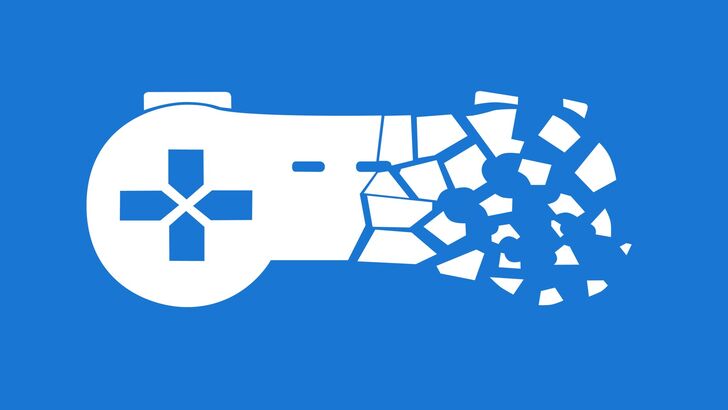 A European Union petition aiming to prevent publishers from remotely disabling video games has gained significant traction, exceeding its signature threshold in seven member states. Let's delve into the details of this important initiative.
A European Union petition aiming to prevent publishers from remotely disabling video games has gained significant traction, exceeding its signature threshold in seven member states. Let's delve into the details of this important initiative.
EU Gamers Unite Against Game Deactivation
39% of the 1 Million Signature Goal Achieved
 The "Stop Destroying Video Games" petition has surpassed its signature targets in Denmark, Finland, Germany, Ireland, the Netherlands, Poland, and Sweden. This impressive show of support has garnered 397,943 signatures—a significant 39% of the 1 million signature goal.
The "Stop Destroying Video Games" petition has surpassed its signature targets in Denmark, Finland, Germany, Ireland, the Netherlands, Poland, and Sweden. This impressive show of support has garnered 397,943 signatures—a significant 39% of the 1 million signature goal.
Launched in June, the petition addresses the growing concern of games becoming unplayable after publisher support ends. It advocates for legislation requiring publishers to maintain the functionality of online games even after official server closures.
The petition's core objective, as stated, is to "require publishers selling or licensing videogames in the EU to maintain said videogames in a functional (playable) state. This initiative specifically aims to prevent publishers from remotely disabling videogames without providing reasonable means for continued gameplay independent of publisher involvement."
 The petition highlights the controversial shutdown of Ubisoft's The Crew, a 2014 racing game with over 12 million players. Ubisoft's March 2024 server closure, attributed to infrastructure and licensing issues, rendered the game unplayable, sparking outrage among players and even legal action in California.
The petition highlights the controversial shutdown of Ubisoft's The Crew, a 2014 racing game with over 12 million players. Ubisoft's March 2024 server closure, attributed to infrastructure and licensing issues, rendered the game unplayable, sparking outrage among players and even legal action in California.
While the petition is nearing its halfway point, there's still considerable ground to cover before reaching the 1 million signature mark. Eligible EU citizens have until July 31st, 2025, to add their support. While non-EU residents can't sign, they can contribute by spreading awareness of this crucial campaign.




















